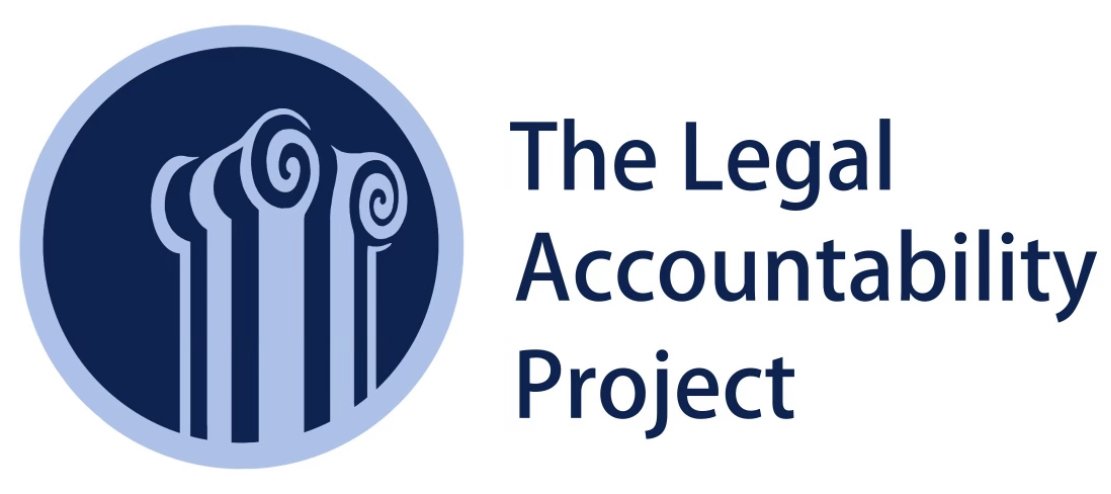Not Every Good Jurist Is A Good Manager
You can be a strong jurist and a poor manager.
But this is rarely a factor when judges are appointed for life, given enormous power, and tasked with running small, intimate, high-stress workplaces.
In Above the Law, LAP’s President and Founder Aliza Shatzman argues that the judiciary has done little to train judges as managers, despite the enormous influence judges exert over clerks’ careers.
Fear of Retaliation Silences Law Clerks—Employers Should Speak Up
In Bloomberg Law, LAP’s President and Founder Aliza Shatzman argues that fear of retaliation silences clerks, but legal employers can be part of the solution.
No Judge Should Serve Forever
In Above the Law, LAP’s President and Founder Aliza Shatzman argues that the judiciary needs better mechanisms to remove judges who may no longer be fit to serve.
It’s Clerkship Application Season, and the System Isn’t Fixed Yet
In Bloomberg Law, LAP’s President and Founder Aliza Shatzman argues that the clerkship system is broken—but there’s a fix. Every law school should make changes right now to increase transparency in the clerkship application process.
'Do Your Research,' 'Stick It Out,' And Other Things Law Schools Should Stop Telling Students About Clerkships
As law students enter another clerkship application cycle without transparent information about judges as managers and clerkship experiences, LAP President and Founder Aliza Shatzman critiques standard law school advice like “do your research” and “stick it out.” Aliza also offers advice for law students and law school advisors.
A 95-Year-Old Federal Judge Is Suing to Avoid a Cognitive Test
In Slate, LAP’s President and Founder Aliza Shatzman discusses the case of 95-year-old Federal Circuit Judge Pauline Newman, who Is suing to avoid a cognitive test.
Law Students: Ask The Right Questions Before Clerking
In Above the Law, LAP’s President and Founder Aliza Shatzman argues that law students should ask the right questions before clerking.
Diverse Judges and Their Diverse Clerks: A Rare Window Into Appellate Law Clerk Hiring
LAP’s President and Founder Aliza Shatzman reviews “Law Clerk Selection and Diversity: Insights from Fifty Sitting Judges of the Federal Courts of Appeals” for Jotwell.
Protecting Law Clerks from Harassment is Everyone's Responsibility
In the National Association for Law Placement (NALP) Member Bulletin, LAP’s President and Founder Aliza Shatzman argues that protecting law clerks from harassment is everyone's responsibility.
The D.C. Courts Are Article I Federal Courts, And They Should Be Regulated That Way
In the Administrative Law Review, LAP’s President and Founder Aliza Shatzman argues that the D.C. Courts are Article I federal courts, and they should be regulated under the Judicial Conduct and Disability Act.
The Conservative Case for the Judiciary Accountability Act
In the Harvard Journal on Legislation, LAP’s President and Founder Aliza Shatzman makes the conservative case for the Judiciary Accountability Act.
Protecting Law Clerks from Harassment
In the ABA For Law Students Blog, LAP’s President and Founder Aliza Shatzman shares advice for law clerks experiencing workplace mistreatment.
Law schools are part of the problem — but they can (and should) be part of the solution
In the Yale Law & Policy Review, LAP’s President and Founder Aliza Shatzman argues that law schools are part of the problem — but they can (and should) be part of the solution.
Will NDAS Survive the #MeToo Era — And Does The Public Want Them To?
LAP’s President and Founder Aliza Shatzman reviews Professor Gilat Bachar’s article, “The Psychology of Secret Settlements,” for Jotwell.
A Policy Prescription for the DC Courts
In the DC Bar Magazine - online, LAP’s President and Founder Aliza Shatzman suggests a policy prescription for the DC Courts. This article was also featured in the DC Bar Magazine, Washington Lawyer, in the March/April edition.
How To Protect Law Clerks From Harassment
In Above the Law, LAP’s President and Founder Aliza Shatzman shares solutions for how to protect law clerks from harassment.
How Williams Shaped My Advocacy Work
LAP’s President and Founder Aliza Shatzman ‘13 writes a Williams Alumni Career Commentary piece in which she explains how Williams shaped her advocacy work.
An alum's reflections: How Williams shaped my advocacy work
In The Williams Record, Aliza Shatzman ‘13 reflects on the ways Williams College shaped her advocacy work as both a student and an alum.
Untouchable Judges? What I've Learned about Harassment in the Judiciary, and What We Can Do to Stop It
In the UCLA Journal of Gender & Law, Aliza Shatzman shares what she learned about harassment in the judiciary, based on her experiences as a law student, law clerk, and advocate for accountability; and proposes solutions to finally correct this problem.
The Judiciary Accountability Act: Dismantling the Myth of the Untouchable Judge
In the NYU Journal of Legislation & Public Policy, Aliza Shatzman argues that we can dismantle the myth of the untouchable judge and finally correct historically intractable problems in the judiciary - including gender discrimination, harassment, and retaliation - by extending Title VII to judiciary employees and revising the Employee Dispute Resolution (EDR) Plan.





















